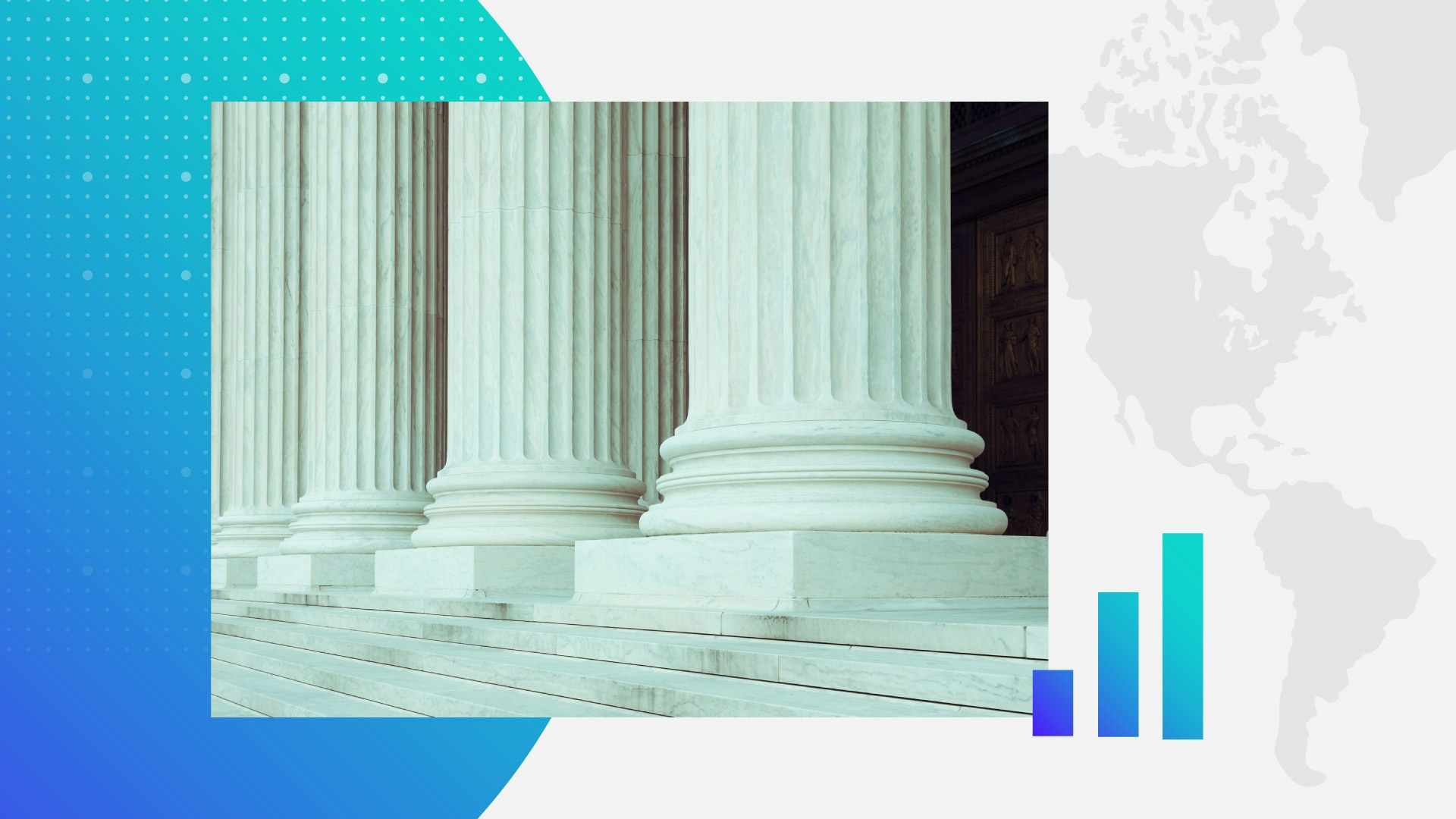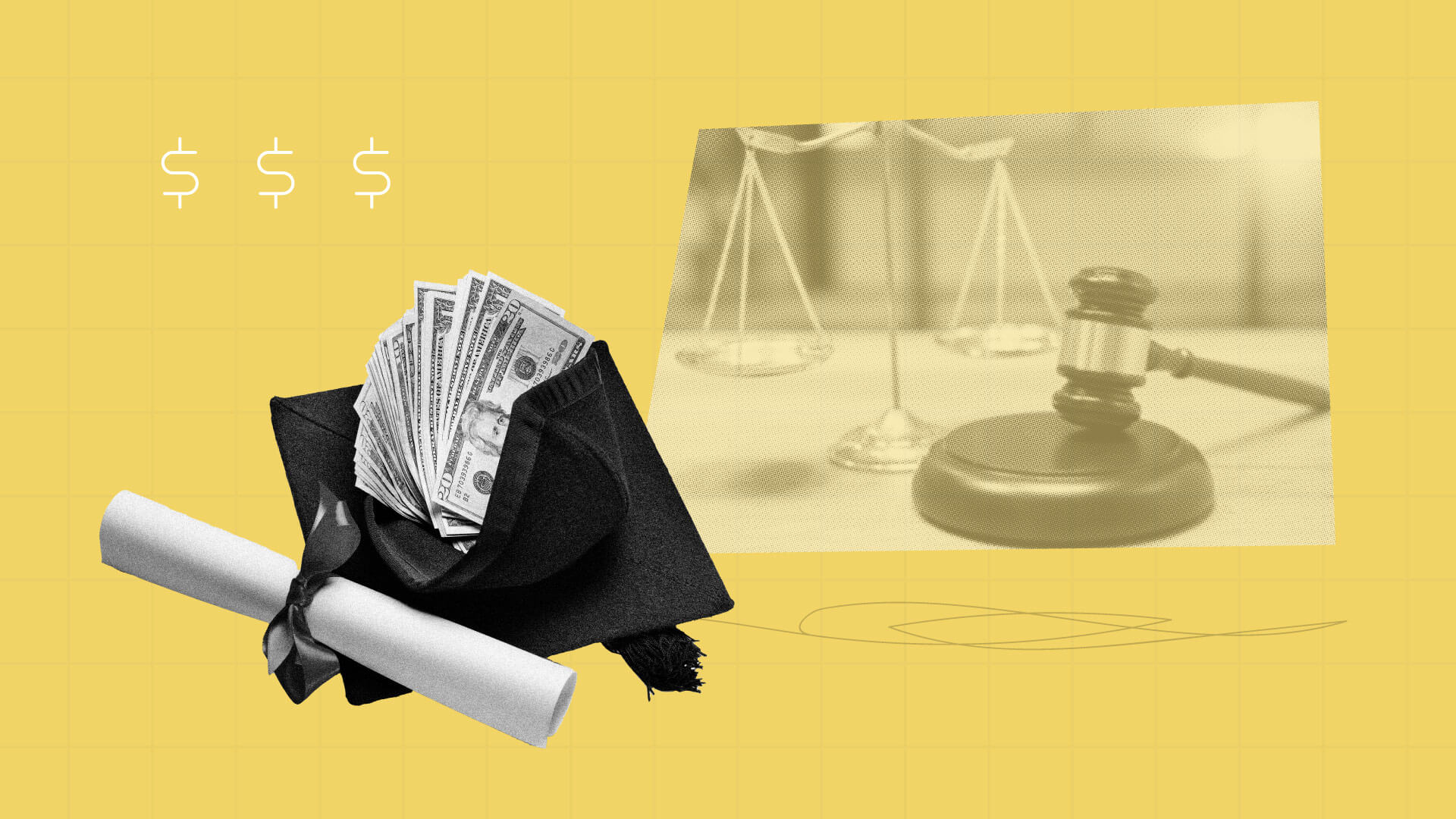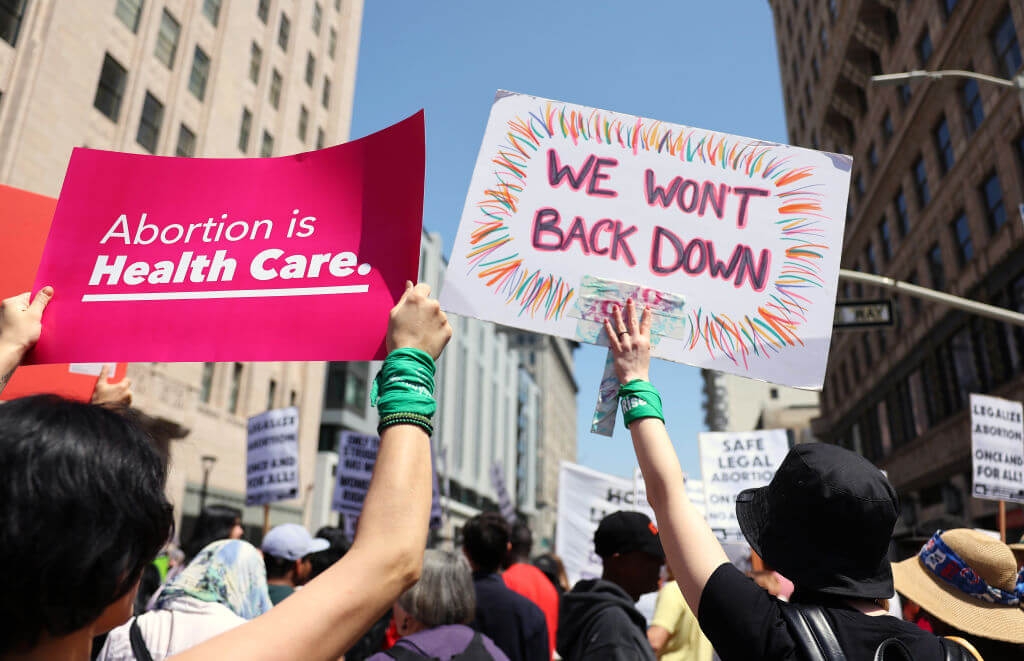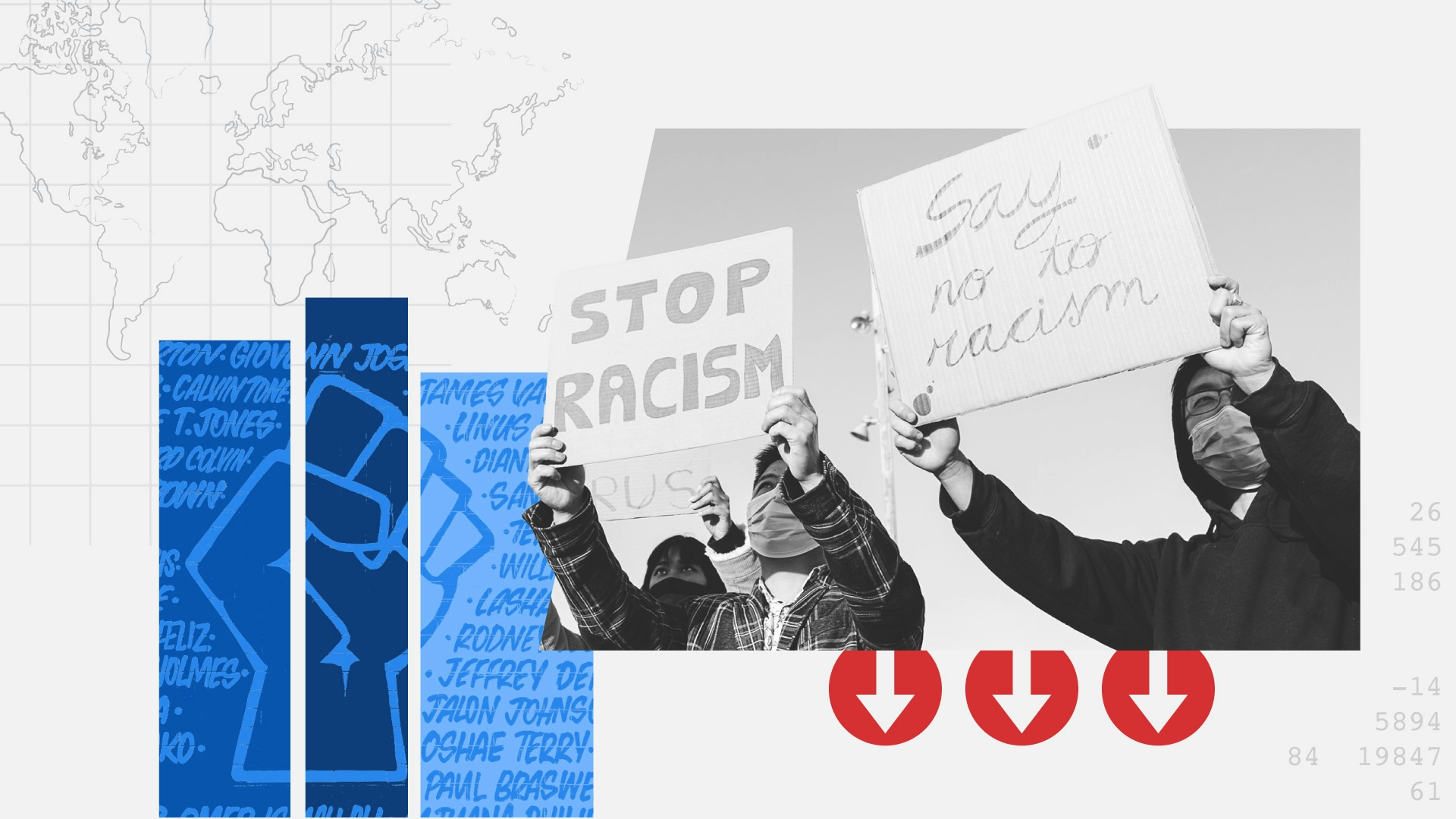What Voters Think of the Affirmative Action Ruling

Key Takeaways
Roughly 3 in 5 U.S. voters (61%) approve of the Supreme Court’s decision striking down race-conscious affirmative action at colleges and universities, and only a small chunk of the electorate believes admissions in higher education will become more unfair or harmful to diversity efforts as a result.
As schools look to what’s next, 53% of U.S. voters — rising to 62% of Democrats — would prioritize elevating a wider consideration of prospective students’ life on top of academic and extracurricular achievements in the admissions process.
The finding reveals preliminary public support for something like President Joe Biden’s expected guidance for educational institutions to broaden their diversity approaches. But doing so is not without risk: A slim majority of voters (51%) say that affirmative action policies are unfair.
If Biden pushes too hard on the matter, he could also risk further alienating white voters and independents who will be key to his 2024 chances.
Sign up to get the latest data and analysis on how business, politics and economics intersect around the world.
How voters see the end of affirmative action
Most Voters Support the Supreme Court’s Affirmative Action Ruling
The Supreme Court’s decision to overturn affirmative action in college admissions is supported by 61% of voters — including 65% of white voters and 46% of Black voters — while only 26% disapprove of it. And according to our survey, conducted June 30-July 2, there is no widespread belief that the court’s move will make admissions more discriminatory.
Only 1 in 5 Voters Say Ending Affirmative Action Will Make College Admissions Unfair
Roughly 1 in 5 voters (22%) said abolishing affirmative action will make college admissions more unfair, compared with a quarter who said it will make no difference and 34% who said it will make admissions fairer. The belief that the ruling will make things less equitable is more common among Black voters than white voters (32% compared with 19%), though another 30% of Black voters said it will make no difference.
The figures were similar when voters were asked to consider a range of potential consequences of the court’s ruling.
2 in 5 Voters Say Ending Race-Conscious Admissions Policies Won’t Impact the Quality of Higher Education
A plurality of voters (40%) said ending race-conscious admissions policies will have no impact on the quality of higher education. Furthermore, less than a quarter of voters said the ruling will have a negative impact on diverse representation in colleges and universities (23%), the earning potential of Black Americans (21%) or diverse representation in corporate workforces (20%). This shows that most voters do not align with affirmative action’s proponents, who have argued for the long-term benefits of a policy put on the books to account for past and ongoing discrimination.
What voters want to see after affirmative action
On the educational front, only small shares of the electorate want to see schools prioritize social and socioeconomic determinants in the admissions process.
1 in 4 Voters Want Schools to Prioritize Race in College Admissions
Specifically, just about a quarter of voters said schools should consider a student’s race (25%), gender identity (24%) or where they grew up (24%) when making a decision about whether or not to admit someone, and less than a third say a student’s family income should be considered (31%). Compare that with far more who say a student’s grades (83%) or scores on standardized tests (74%) should be prioritized.
Specific demographics at scale: Surveying thousands of consumers around the world every day powers our ability to examine and analyze perceptions and habits of more specific demographics at scale, like those featured here.
Why it matters: Leaders need a better understanding of their audiences when making key decisions. Our comprehensive approach to understanding audience profiles complements the “who” of demographics and the “what” of behavioral data with critical insights and analysis on the “why.”
However, just over half of voters (53%), including 47% of independents and 45% of Republicans, said schools should consider a prospective student's other life experiences in the admissions process. That’s in line with Biden’s new push for campuses to broaden how they consider personal experiences among qualified applicants in a post-affirmative action world.
On the political front, proceeding down that route could give Biden a chance to energize his Democratic base, who played a pivotal role in his 2020 victory. But elevating the issue is not without electoral risks in 2024 given that roughly half of the electorate (51%) — including 52% white voters and more Black voters than not (45% to 38%) — believe that race-conscious affirmative action is unfair to a majority of students.
Eli Yokley is Morning Consult’s U.S. politics analyst. Eli joined Morning Consult in 2016 from Roll Call, where he reported on House and Senate campaigns after five years of covering state-level politics in the Show Me State while studying at the University of Missouri in Columbia, including contributions to The New York Times, Politico and The Daily Beast. Follow him on Twitter @eyokley. Interested in connecting with Eli to discuss his analysis or for a media engagement or speaking opportunity? Email [email protected].
Related content

Federal Student Loan Borrowers Reveal Grim Expectations for Payment Resumption

The Public Has Much More Trust in the FDA Than the Courts When It Comes to Abortion Access Decisions
